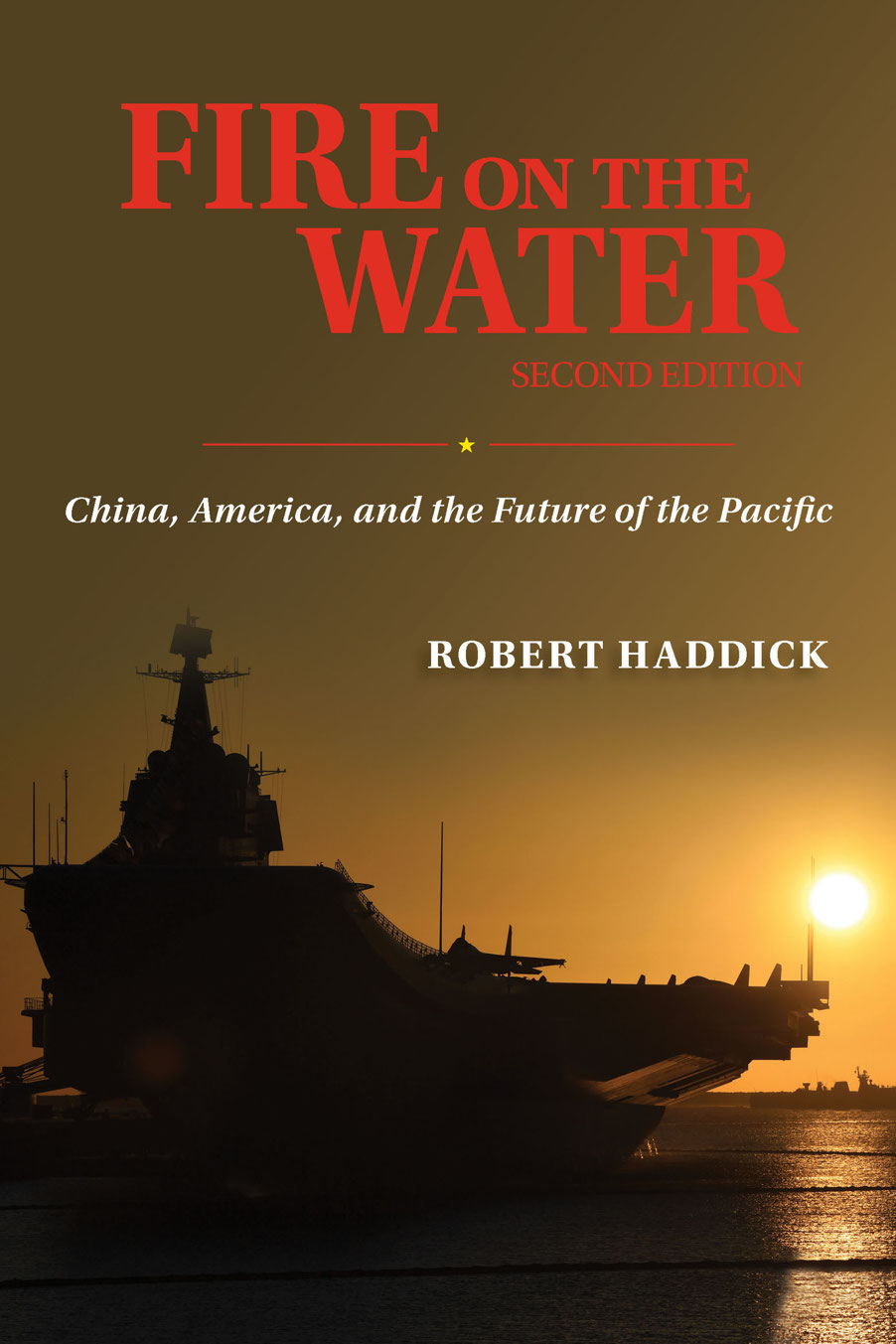
FIRE ON THE
WATER
SECOND EDITION

China, America, and the Future of the Pacific
ROBERT HADDICK
Naval Institute Press
Annapolis, Maryland
Naval Institute Press
291 Wood Road
Annapolis, MD 21402
2022 by Robert Haddick
All rights reserved. No part of this book may be reproduced or utilized in any form or by any means, electronic or mechanical, including photocopying and recording, or by any information storage and retrieval system, without permission in writing from the publisher.
Library of Congress Cataloging-in-Publication Data
Names: Haddick, Robert, author.
Title: Fire on the water : China, America, and the future of the Pacific / Robert Haddick.
Description: Second edition. | Annapolis, Maryland : Naval Institute Press, [2022] | Includes bibliographical references and index.
Identifiers: LCCN 2022000749 (print) | LCCN 2022000750 (ebook) | ISBN 9781682476765 (hardback) | ISBN 9781682478035 (ebook)
Subjects: LCSH: Sea-powerPacific Area. | Security, InternationalPacific Area. | Pacific AreaStrategic aspects. | United StatesMilitary policy. | ChinaStrategic aspects. | ChinaMilitary policy. | United StatesForeign relationsPacific Area. | Pacific AreaForeign relationsUnited States. | BISAC: HISTORY / Military / Naval | HISTORY / Military / United States
Classification: LCC UA830 .H34 2022 (print) | LCC UA830 (ebook) | DDC 355/.03301823dc23/ eng/20220331
LC record available at https://lccn.loc.gov/2022000749
LC ebook record available at https://lccn.loc.gov/2022000750
 Print editions meet the requirements of ANSI/NISO Z39.48-1992 (Permanence of Paper).
Print editions meet the requirements of ANSI/NISO Z39.48-1992 (Permanence of Paper).
Printed in the United States of America.
30 29 28 27 26 25 24 23 22 9 8 7 6 5 4 3 2 1
First printing
My impression is that a lot of people sign up to the notion that a military revolution is under way, but very few draw the significant consequences that flow from that belief.
Andrew Marshall, director of the Office of Net Assessment, Office of the U.S. Secretary of Defense, memorandum for the record, July 27, 1993 (Krepinevich and Watts, The Last Warrior)
CONTENTS
| List of Maps |
| Foreword by Lt. Gen. David A. Deptula, USAF (Ret.) |
| Preface |
| Acknowledgments |
| Introduction |
| CHAPTER 1. | A Four-Decade Drive to a Collision |
| CHAPTER 2. | It Matters Who Runs the Pacific |
| CHAPTER 3. | The Origins of Americas Archaic Military Machine in the Pacific |
| CHAPTER 4. | Chinas Strategy: The Missile Revolution and Political Warfare |
| CHAPTER 5. | America Pivots to Asia, Then Stumbles |
| CHAPTER 6. | Designing a Competitive Strategy for the Indo-Pacific |
| CHAPTER 7. | Thwarting a Chinese Fait Accompli: Job One for Aerospace Power |
| CHAPTER 8. | Roles for Naval Power in the Sensor and Missile Age |
| CHAPTER 9. | How to Win the Long Marathon in the Indo-Pacific |
| Notes |
| Selected Bibliography |
| Index |
MAPS
FOREWORD
At the 2021 Air Force Association Air, Space, and Cyber conference in Washington, DC, new Secretary of the Air Force Frank Kendall relayed that when asked at a congressional breakfast what his top three priorities were, his answer was, China, China, and China. His response was certainly appropriate given the recent dramatic increases in Chinas military capability. Chinas accelerating military prowess in the twenty-first century has been accompanied by alarming land seizures in the South China Sea for the development of military outposts. During 2021, China routinely penetrated Taiwans air defense identification zone with advanced fighters and bombers, causing concern that the Communist Peoples Republic of China may not be far from using lethal force against Taiwan.
Visual images from commercial satellites have revealed that China is embarking on a significant expansion of its nuclear arsenal through the building of silo-based intercontinental ballistic missiles. This evidence is significant because it shows that China appears to be shifting from minimal deterrence to a nuclear first-strike capacity with the potential to grow its nuclear forces to levels equal to or greater than those of the United States. Accordingly, dramatic action is called for by the United States and its allies to achieve an effective conventional deterrent that will dissuade Chinas leaders from considering either conventional or nuclear aggression in their march toward global power status.
Robert Haddicks Fire on the Water: China, America, and the Future of the Pacific has arrived just in time to provide insights toward that objective. He has produced a most timely update to his original work, which was published in 2014. This second edition is not simply an update on Chinas growing military might since that time. Rather it is an astute look at where Chinas military is going as well as a thoughtful summary of U.S. moves and reactions to Chinas growth as a dominant player on the world stage. This book focuses on how the United States and its allies can sustain conventional military deterrence in the Indo-Pacific during what has now been established as a long, open-ended competition with China.
Haddick realistically acknowledges the waning utility of surface warships in the face of Chinas technological advances, but he also explains the critical roles they will retain in a long-term competition against Chinaparticularly as part of a cost-imposing element of a new Indo-Pacific strategy. Battle networks composed of ubiquitous sensors and long-range precision munitions have fundamentally changed the character of warfare. Consequently, the Indo-Pacific is no longer primarily a naval theater. Henceforth, long-range airpower and space power will be the keys to success in any effective strategy. And yet the U.S. Air Force is the smallest and oldest force it has ever been. Renewing the necessary number of modern, penetrating long-range aircraft and associated maritime-capable munitions should be a priority if the United States is to maintain escalation dominance over Chinas military forces. Haddick observes that without rapid action to correct the deficiency of modern U.S. bomber forces, escalation dominance may shift into the hands of the Chinese, with devastating consequences for the United States and its allies.
Haddick also recognizes that the greatest barriers to implementing a better military strategy for the Indo-Pacific are the existing bureaucratic and institutional interests that resist changes to the defense program. Overcoming those barriers will require inspired leadership that can surmount the decades of tradition that currently paralyzes innovative strategy in the Indo-Pacific.
Fire on the Water is a must-read for those who recognize that China is no longer a future threat we can worry about tomorrowit is a real threat we must deal with today. For those who are not aware of that perspective this book is even more important.
Lt. Gen. David A. Deptula, USAF (Ret.)
Dean, The Mitchell Institute for Aerospace Studies
PREFACE
Next page
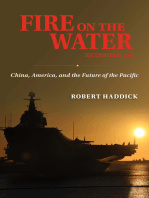

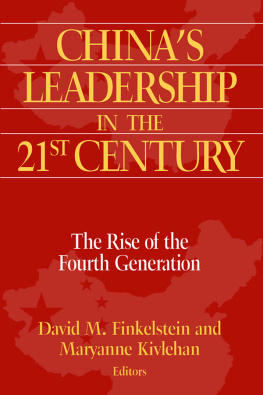
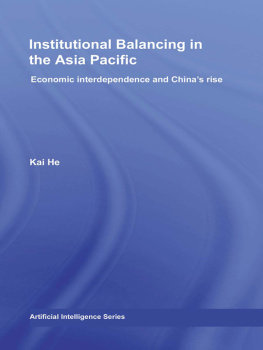
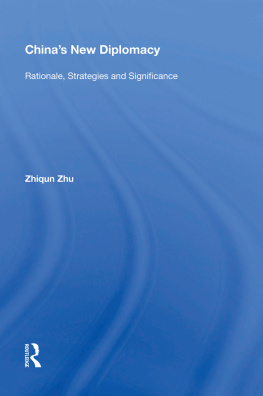
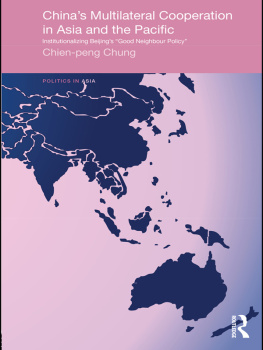
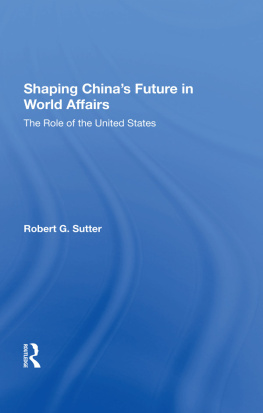

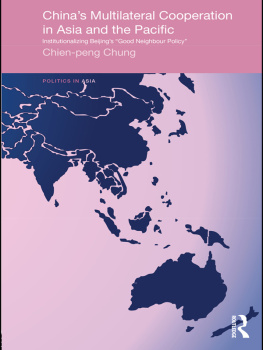
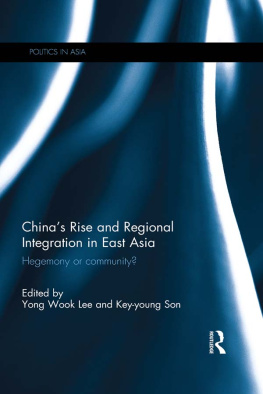
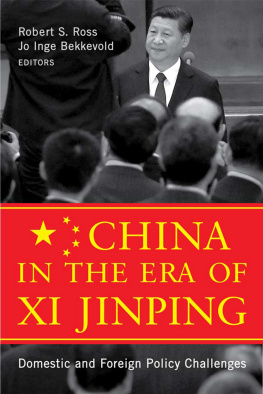
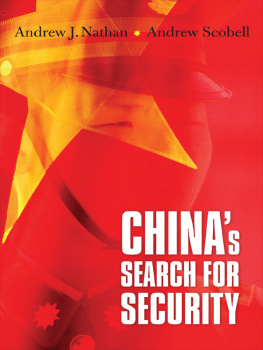


 Print editions meet the requirements of ANSI/NISO Z39.48-1992 (Permanence of Paper).
Print editions meet the requirements of ANSI/NISO Z39.48-1992 (Permanence of Paper).